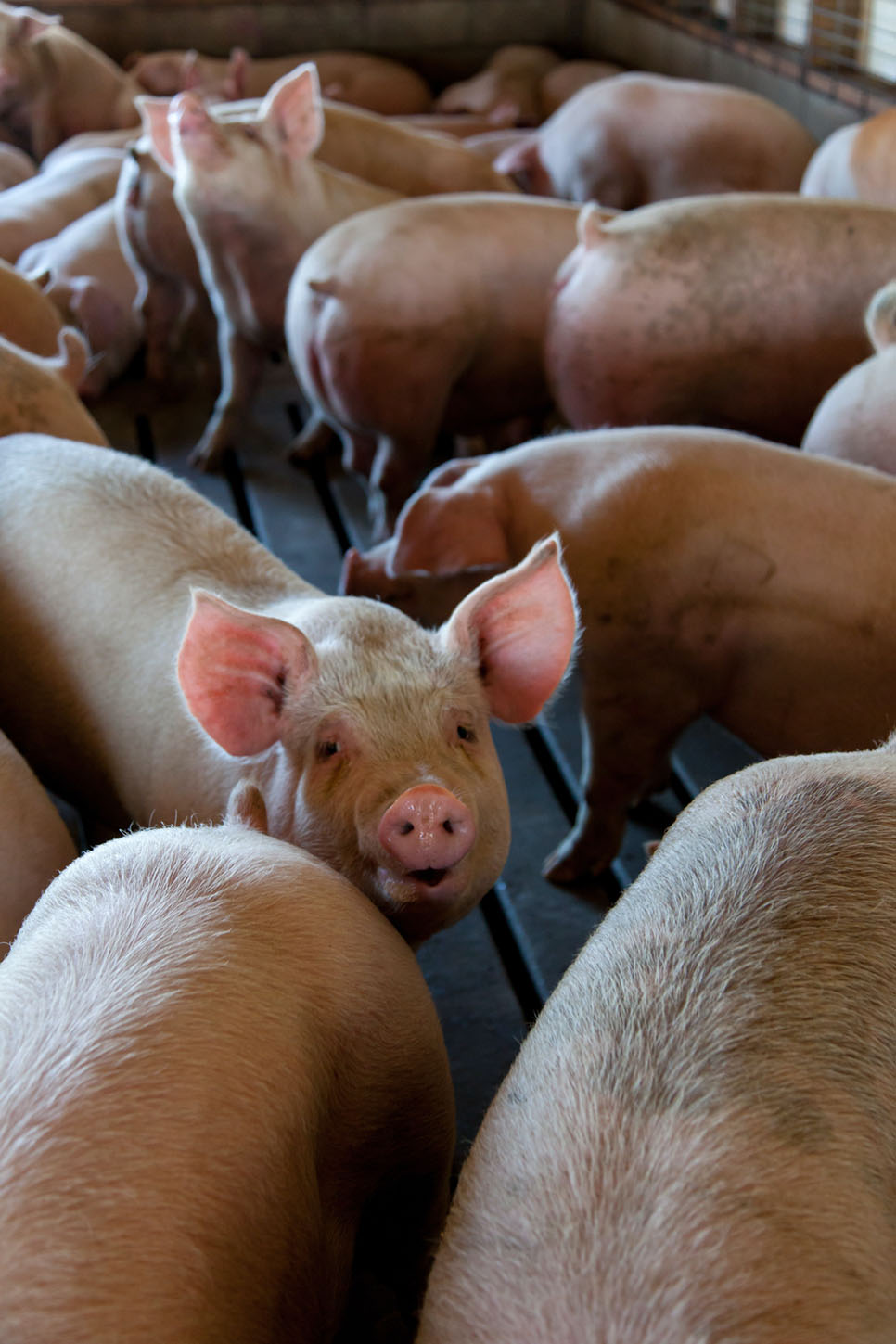Vaccination Practices in Pig Farming: A Look at Thailand’s Approach
Thailand’s pig farming industry is a significant contributor to its agricultural sector and plays a crucial role in meeting the nation’s demand for pork products. To ensure the health and productivity of pigs, vaccination is a key component of the country’s swine health management programs. In this article, we will explore the types of vaccinations commonly used in pig farming in Thailand and understand their importance in safeguarding the swine population.
- Porcine Reproductive and Respiratory Syndrome (PRRS) Vaccine
PRRS is a viral disease that can have devastating effects on pig herds, leading to reproductive failure and respiratory issues. PRRS vaccination is an essential measure to control and prevent outbreaks. Modified live virus (MLV) and killed vaccines are commonly used in Thailand to protect pigs from PRRS. The choice of vaccine type depends on the farm’s specific circumstances and the veterinarian’s recommendations.
- Foot-and-Mouth Disease (FMD) Vaccine
Foot-and-mouth disease is highly contagious and can cause severe economic losses due to restrictions on the movement of animals and animal products. In Thailand, vaccination against FMD is regularly carried out in regions considered at high risk. The vaccine helps limit the spread of the disease and provides protection to susceptible pigs.
- Classical Swine Fever (CSF) Vaccine
Classical Swine Fever, also known as hog cholera, is a highly contagious viral disease affecting domestic pigs and wild boars. Vaccination against CSF is critical in preventing outbreaks and maintaining the health of pig herds in Thailand. Vaccination strategies may vary based on the region’s disease status and risk assessment.
- Swine Influenza Virus (SIV) Vaccine
Swine Influenza Virus can cause respiratory problems in pigs, impacting their growth and productivity. Vaccination against SIV is practiced in Thailand to reduce the severity and spread of the disease. It is especially important for farms that have a history of respiratory issues or are located in regions where the virus is prevalent.


From Farm to Table
- Erysipelas Vaccine
Erysipelas is a bacterial disease that can affect pigs of all ages, causing acute or chronic infections. Vaccination against Erysipelas is commonly practiced in Thailand to prevent outbreaks and reduce the risk of morbidity and mortality in affected herds.
- Clostridial Disease Vaccines
Clostridial diseases, such as Clostridium perfringens and Clostridium novyi, can lead to sudden deaths in pigs. Vaccination with appropriate clostridial vaccines is part of the preventive health measures implemented on many pig farms in Thailand.
- Mycoplasma hyopneumoniae (M. hyo) Vaccine
Mycoplasma hyopneumoniae is a bacterium that causes enzootic pneumonia in pigs, leading to respiratory issues and reduced growth rates. Vaccination against M. hyo is common in Thailand to minimize the impact of this chronic respiratory disease on swine herds.
Conclusion
Vaccination is an indispensable aspect of pig farming in Thailand, helping to safeguard the health and productivity of pig herds. The country’s proactive approach to swine health management through vaccination has contributed to the growth and sustainability of the pig farming industry. Regular collaboration between pig farmers and veterinarians is essential to design appropriate vaccination schedules tailored to each farm’s specific needs and disease risks. By prioritizing vaccination and adhering to good biosecurity practices, the Thai pig farming industry can continue to thrive and meet the nation’s demand for high-quality pork products while ensuring animal welfare and public health.
The Finest Grains + Advanced Formulations
Order Today!
Our livestock feed products are crafted from the finest raw materials, selected and tested, to ensure top quality and maximum safety to our customers’ livestock. Advanced animal nutrition formulations are being utilized to meet the most demanding quality and safety requirement.


